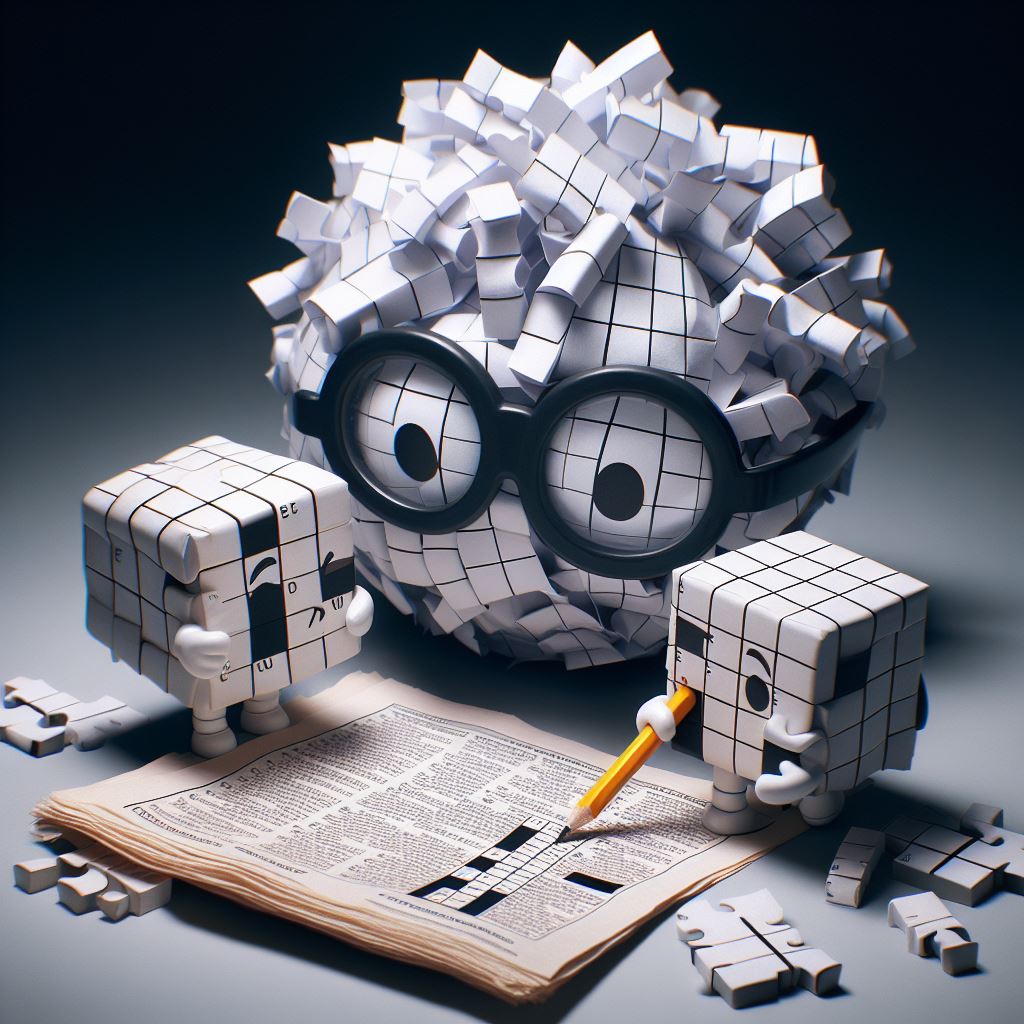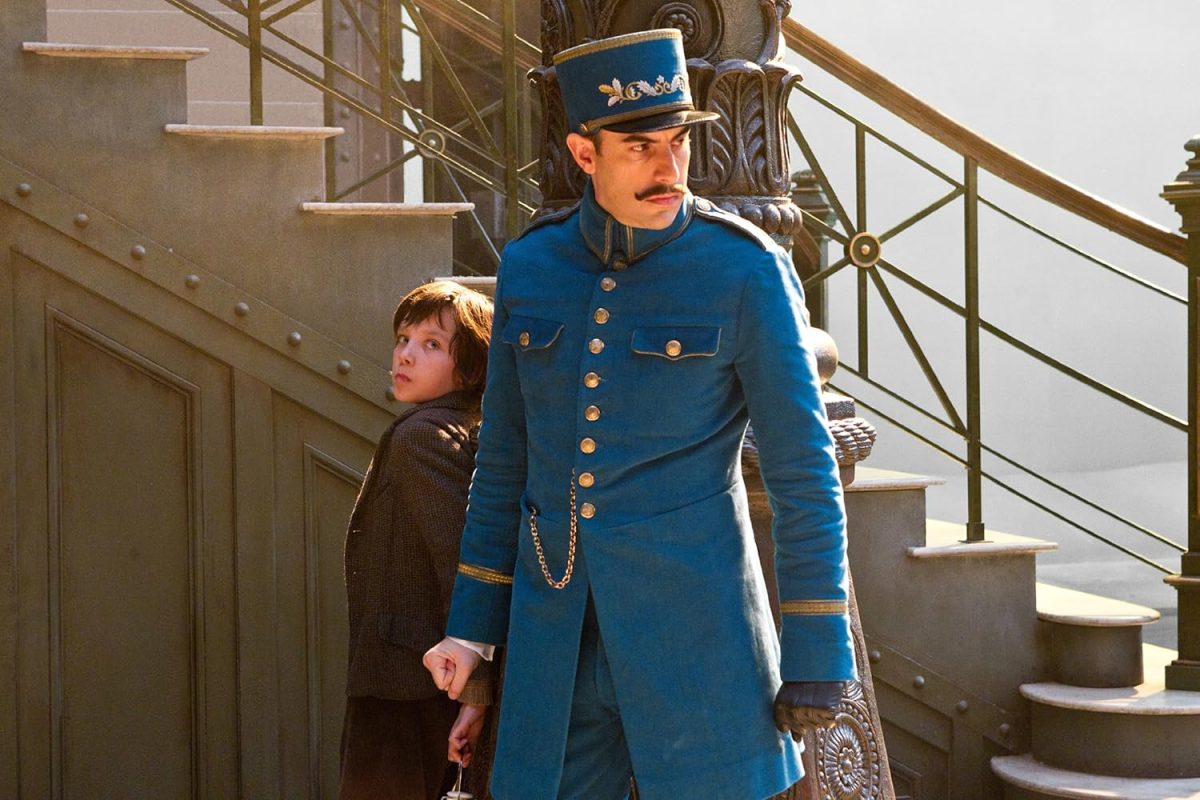In recent years, the rise in popularity of the NYT’s online games has led to a resurgence in classic games like the daily Crossword and Sudoku. Playing games like Wordle and Mini have become such a phenomenon that they are even considered classics. People of all ages share with their friends their scores in the games and try to challenge each other to beat Mini the fastest or make the least mistakes in Connections.
The craze for these games has continued with the creation of new games and the different variations of existing ones. For instance, Wordle has led to a multitude of similar games like Waffle or Moviedle. To keep up with the phenomenon of online word and number games, the NYT has released betas testing to see if the game is popular. Many of the games are kept permanently because of their large popularity. Here are the top 8 online games to play at the NYT.
Wordle
 Wordle has become a classic in recent years. The game, similar to the classic Mastermind, has a person guess a 5-letter word with only 6 guesses. What makes the game interesting is using different colors for letters. If a letter is not in the word it turns gray, the proper placement of a letter is in green, and yellow is when a letter is in the wrong place. The game limits you to 6 guesses. The number of guesses may not be much but it is enough to have a good shot of getting the word. Having good guesses that use common letters can help to get the word faster. The game forces the player to be creative. With useful tools online, people who aren’t good with words can play the game and win. It may be a fast game but that’s what makes it so attractive.
Wordle has become a classic in recent years. The game, similar to the classic Mastermind, has a person guess a 5-letter word with only 6 guesses. What makes the game interesting is using different colors for letters. If a letter is not in the word it turns gray, the proper placement of a letter is in green, and yellow is when a letter is in the wrong place. The game limits you to 6 guesses. The number of guesses may not be much but it is enough to have a good shot of getting the word. Having good guesses that use common letters can help to get the word faster. The game forces the player to be creative. With useful tools online, people who aren’t good with words can play the game and win. It may be a fast game but that’s what makes it so attractive.
Mini

Mini originates from the classic game of Crossword. You are given a clue for a word down or across and you try and fill in accurately all the words as fast as possible. Like Wordle, Mini is a fast-paced game. This is an improvement on Crossword because one of the main complaints is it takes too long. The other complaint of Crossword is the answers may not be known because of their lack of relatability to the users. Mini resolves this problem with more modern words and people making it more likely for success. However, if you don’t know most references or people, there is auto-correct. This function enables you to guess all the letters in the alphabet until it tells you if you have the right word. I often use it to guess all the vowels if I don’t know the answer and I’m stuck. The game can get competitive with the timer making it fun to compete with friends.
Strands
 Strands is the newest game at the NYT that is still just a beta Strands is a twist on Word Searches where you are given 48 letters and need to find a set number of hidden words; here, all those times you find words that aren’t on your list can actually be helpful. The total number of words is given with a theme (that may or may not be helpful). The goal is to find all the words that relate to the theme and an additional word called a spangram that describes the theme. What makes the game so great is the accessibility of the game. The game rewards you with finding words that aren’t correct with hints. If you want to challenge yourself try playing without the hints. It can be challenging because, unlike the Crossword, words can go forward, backward, diagonal, and straight all in the same word. Meaning words often aren’t in just one direction. Ultimately it is a game of creativity.
Strands is the newest game at the NYT that is still just a beta Strands is a twist on Word Searches where you are given 48 letters and need to find a set number of hidden words; here, all those times you find words that aren’t on your list can actually be helpful. The total number of words is given with a theme (that may or may not be helpful). The goal is to find all the words that relate to the theme and an additional word called a spangram that describes the theme. What makes the game so great is the accessibility of the game. The game rewards you with finding words that aren’t correct with hints. If you want to challenge yourself try playing without the hints. It can be challenging because, unlike the Crossword, words can go forward, backward, diagonal, and straight all in the same word. Meaning words often aren’t in just one direction. Ultimately it is a game of creativity.
Sudoku
 Sudoku may be old but it is still a classic. The game is composed of a 9 x 9 grid with 9 blocks which players fill in with numbers 1-9. However, each column, row, or section must not have repeats of each number. Sudoku isn’t as popular as other games because of its use of numbers which many people find challenging. Tools such as hints, revealing, and checking cells are available to make the game more manageable if you are stuck or aren’t as good at the game. However, the NYT can help the users with the different modes available. It may take longer than other games depending on the mode but that’s what’s attractive. There is more to play than just one game but you can still reach goals by completing one of the modes.
Sudoku may be old but it is still a classic. The game is composed of a 9 x 9 grid with 9 blocks which players fill in with numbers 1-9. However, each column, row, or section must not have repeats of each number. Sudoku isn’t as popular as other games because of its use of numbers which many people find challenging. Tools such as hints, revealing, and checking cells are available to make the game more manageable if you are stuck or aren’t as good at the game. However, the NYT can help the users with the different modes available. It may take longer than other games depending on the mode but that’s what’s attractive. There is more to play than just one game but you can still reach goals by completing one of the modes.
Letter Boxed

Letter Boxed hasn’t been around for longer but it is slowly becoming a classic. The game’s format is a square with three letters on each side. The point of Letter Boxed is to connect letters to create words though consecutive letters must be taken from different sides of the square. The last letter of each word is reused to create the new words. To beat the game all the letters must be used. What’s so attractive about Letter Boxed is the creativity you can put into it. Though you may not be able to beat the game and use all the letters, you can still show off to your friends all the words you used. This game is much more relaxed than others and focused on creativity because it isn’t a penalty game. There is no timer to race against or wrong attempts you make that hurt you. It is just a peaceful game to be creative with. However, if you want to beat the game it may take some strategy and it is more time-consuming than other games.
Connections
 Connections was a beta game that was kept permanently at the NYT. The point of the game is to find the right 4 connections from 16 words (4 groups of 4), and you are only given 4 attempts to find the right sets. As the name implies, each group has a common theme, a connection. Although Connections is attractive and interesting with how different it is from other games, it is also quite controversial because it is so difficult. The player’s creativity is limited by the few misconnections one can make. It may be fun to explore and see the different connections you make, however, you are unable to do that if all your chances are taken away from you. The game can be greatly improved if it extends the number of guesses you make, makes it timed instead, or simply gives players unlimited guesses. Additionally, many of the connections may be harder than they appear. Sometimes you simply don’t realize the connection, or sometimes you may not even know the connection in the end (like for movie references). This makes the game more suited to certain age groups than others, unlike the Mini.
Connections was a beta game that was kept permanently at the NYT. The point of the game is to find the right 4 connections from 16 words (4 groups of 4), and you are only given 4 attempts to find the right sets. As the name implies, each group has a common theme, a connection. Although Connections is attractive and interesting with how different it is from other games, it is also quite controversial because it is so difficult. The player’s creativity is limited by the few misconnections one can make. It may be fun to explore and see the different connections you make, however, you are unable to do that if all your chances are taken away from you. The game can be greatly improved if it extends the number of guesses you make, makes it timed instead, or simply gives players unlimited guesses. Additionally, many of the connections may be harder than they appear. Sometimes you simply don’t realize the connection, or sometimes you may not even know the connection in the end (like for movie references). This makes the game more suited to certain age groups than others, unlike the Mini.
Spelling Bee

Spelling Bee is like Letter Boxed where the creativity of words is explored. The point of the game is to create as many words as possible with the given letters (7), however, each word must contain the yellow letter in the center. What makes Spelling Bee so attractive is for the same reasons as Letter Boxed. However, it is harder than Letter Boxed because of the limited number of letters given. The user can use as many/ whichever letters they want, but the number of letters given is few. With the game more difficult it may even be more attractive to competitive players.
Crossword

Crossword is the most classic of all the games at the NYT with the rules of the game being the same as Mini. Even though it has been around for so long, it is still popular. The rules of the game and its features are the same as Mini. Crossword is much more difficult than other games because of the restriction of knowledge based on life experiences/ age group, but it can be made easier. When playing online, auto-correct can help you if you guess the wrong word. It is also a fun game where you can learn new things. Crossword’s great length (number of words) may be unattractive to time-limited people, but to many people, it is the perfect game to sit down and play if you have a long wait or you have time on your hands. Though it is not ranked last for its long length but because of its limited access at the NYT (subscribers only). Many people aren’t able to play the game making it useless to people who don’t even have a subscription.
Note that not all games at the NYT were listed. Some games like Digits were betas that didn’t remain because of their low levels of popularity, unlike games like Connections. Digits and other betas that didn’t stay can still be played elsewhere. Regardless of your game preference, the NYT has many different games to explore.














